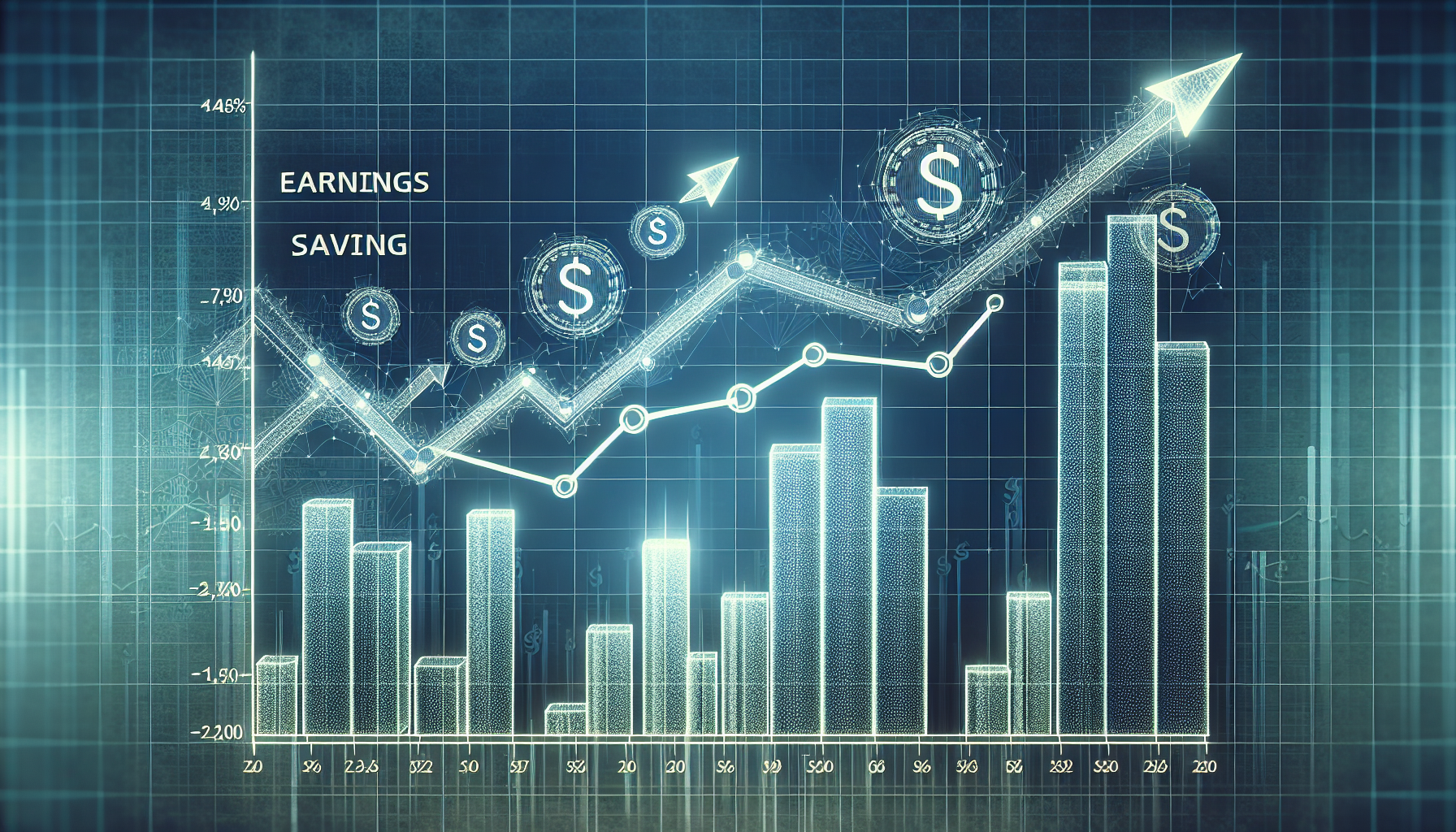The PayPal Pioneer: How Elon Musk's Co-Founding of X.com Laid the Foundation for His Billion-Dollar Empire

In March 1999, Elon Musk, alongside co-founders Harris Fricker, Christopher Payne, and Ed Ho, launched X.com, a financial services platform aimed at revolutionizing online transactions. At a time when the internet was still in its infancy, Musk's vision was ambitious—he sought to create a one-stop online bank that would offer various financial services, including money transfers, savings accounts, and more. His approach was groundbreaking; he recognized the potential of the internet to streamline banking processes and reduce transaction costs. Musk's decision to focus on email-based payments was particularly innovative. He believed that users would appreciate the convenience of sending money through email, a concept that was foreign at the time. For instance, Musk's foresight in emphasizing user experience and simplicity attracted early adopters and set X.com apart from traditional banks, which were often bogged down by cumbersome processes and outdated technology.
The Evolution into PayPal
As X.com began to gain traction, it faced stiff competition from other online payment services, most notably Confinity, which had developed a money-transfer service called PayPal. In March 2000, X.com merged with Confinity, and the combined entity adopted the PayPal brand. Initially, Musk served as CEO, but his ambitious vision for the company clashed with the established culture and direction of Confinity. In a move that would later define his career, Musk was ousted from his position, but not before laying down the groundwork for what would become a dominant player in the online payment industry. Despite the challenges Musk faced, his influence on the product was significant. He pushed for a focus on user experience, advocating for a streamlined interface and robust security measures. This emphasis on security was particularly important in an era when online fraud was rampant, and it helped build trust among users. The result was a user-friendly platform that facilitated seamless transactions, which contributed significantly to PayPal's rapid growth and popularity. By prioritizing these aspects, Musk helped propel PayPal to unprecedented success, culminating in its acquisition by eBay in 2002 for $1.5 billion in stock. This landmark deal not only validated the online payment model but also set the stage for a new era of e-commerce.
The Ripple Effect on Musk's Career
The sale of PayPal marked a turning point in Musk's life. The financial windfall he received from the acquisition solidified his status as a millionaire and provided him with the capital to pursue further ventures that would ultimately make him a billionaire. Musk used his earnings to invest in several ambitious projects, including SpaceX and Tesla, both of which have had a profound impact on technology and society. Moreover, the lessons Musk learned from his time at PayPal shaped his future business philosophies. He became known for taking calculated risks and pursuing projects that others deemed impossible. For example, his experience navigating the complexities of the tech landscape and the importance of innovation can be traced back to his tenure at X.com and PayPal. Musk's willingness to challenge the status quo and disrupt established industries became a hallmark of his career, leading to significant advancements in renewable energy, space exploration, and transportation.
Elon Musk's journey as the co-founder of X.com and the subsequent evolution into PayPal is a testament to the power of innovation and strategic thinking in the tech industry. His experiences during this pivotal time not only laid the groundwork for his future successes but also reshaped the way people conduct financial transactions today. The legacy of PayPal continues to influence modern payment systems, and Musk's vision has undeniably changed the landscape of online commerce. As we look toward the future, it is clear that the spirit of entrepreneurship and innovation that Musk embodied during the early days of X.com remains relevant and inspiring for aspiring entrepreneurs worldwide. His story serves as a reminder that groundbreaking ideas can emerge from the unlikeliest of beginnings, and that the pursuit of transformative technology is a path worth taking. Through his journey, Musk has not only changed the way we think about money but has also set the stage for a future where the boundaries of possibility are continually pushed.
FinTech Product Manager
Square, Stripe, PayPal
Core Responsibilities
Lead the development and enhancement of financial technology products, ensuring they meet user needs and regulatory standards.
Conduct market research and user testing to inform product features and improvements.
Collaborate with engineering, design, and marketing teams to launch new products and features.
Required Skills
Proven experience in product management within the financial services or technology sector.
Strong understanding of user experience (UX) principles and agile development methodologies.
Excellent communication and leadership skills to guide cross-functional teams.
Cybersecurity Analyst in FinTech
Financial institutions, fintech startups, Google, Amazon
Core Responsibilities
Monitor and analyze security systems to identify vulnerabilities and mitigate potential threats to user data.
Develop and implement security policies and procedures to protect financial transactions and sensitive information.
Conduct regular security audits and risk assessments to ensure compliance with industry standards.
Required Skills
Strong knowledge of cybersecurity frameworks and regulations, such as PCI DSS and GDPR.
Experience with security tools and technologies, such as firewalls, intrusion detection systems, and encryption.
Analytical thinking and problem-solving skills to respond to security incidents effectively.
UX/UI Designer for Payment Solutions
PayPal, Venmo
Core Responsibilities
Design intuitive user interfaces for online payment platforms to enhance user satisfaction and engagement.
Conduct user research and usability testing to gather feedback and iterate on designs.
Collaborate with product managers and developers to ensure designs are feasible and aligned with business goals.
Required Skills
Proficiency in design tools like Sketch, Adobe XD, or Figma, and an understanding of HTML/CSS for implementation.
Strong portfolio showcasing UX/UI design work, particularly in fintech or e-commerce.
Ability to translate complex financial processes into user-friendly interactions.
Data Analyst in E-commerce
Amazon, eBay
Core Responsibilities
Analyze transaction data to identify trends, user behavior, and opportunities for improving the payment process.
Create reports and visualizations to communicate findings to stakeholders and inform business decisions.
Collaborate with marketing and product teams to optimize user acquisition and retention strategies based on data insights.
Required Skills
Proficiency in data analysis tools such as SQL, Python, or R, and experience with data visualization software like Tableau.
Strong analytical skills to interpret complex datasets and derive actionable insights.
Excellent communication skills to present data findings clearly to non-technical stakeholders.
Regulatory Compliance Specialist in FinTech
JPMorgan Chase, Goldman Sachs
Core Responsibilities
Ensure compliance with financial regulations and laws affecting online payment systems and services.
Develop and implement compliance programs and training for employees to mitigate legal risks.
Stay updated on changes in regulatory frameworks and advise the company on necessary adjustments to policies and procedures.
Required Skills
In-depth knowledge of financial regulations, including AML, KYC, and data privacy laws.
Experience working with regulatory bodies and understanding their requirements.
Strong analytical and problem-solving skills to navigate complex compliance issues.


